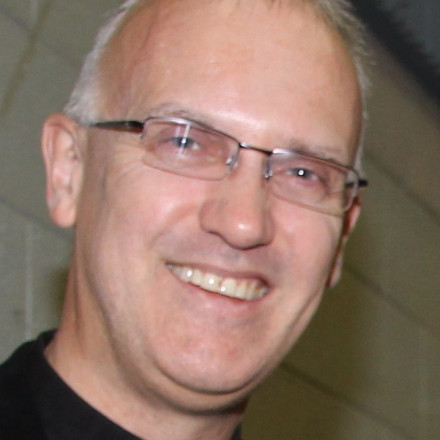Semper reformanda: the challenges today and tomorrow
IT IS HARDLY a typical Friday evening when one finds oneself in deepest rural County Limerick having a conversation with a stranger, the opening line of which runs as follows: “How can I get on a trip to Wittenberg this year?” The encounter happened only a few weeks ago, and is indicative of just how much interest is currently circulating around all aspects of the 500th anniversary of the Reformation. Many groups and individuals, it would appear, have something to say about it. The Gates of Freedom World Reformation Exhibition runs in Wittenberg from 20 May – 10 September this year.
In an Irish academic context, symposia have taken place in Trinity College, Dublin and in Queen’s University, Belfast. In September the Church of Ireland Historical Society will host a major event, and prior to that, in early May the Dublin Council of Churches convene under the title, “Reformation in Ireland – 500 years on: What remains? And whither from here?” In print, Oxford University Press has published Remembering the Reformation by Thomas Howard, and Protestantism After 500 Years, edited by Mark Noll. Diarmaid MacCulloch has published a collection of essays entitled All Things Made New, described as “the best book ever written in its field”. At a more popular level Martin Percy, Dean of Christ Church, Oxford, has launched his own list of ninety-five theses, most of which have to do with a litany of complaint against the intellectual rigour of the English Anglican episcopate, and read by many as his own pitch for being elected as a bishop.
* Full article available in printed copies.

Maurice Elliott
is Principal of the Church of Ireland Theological Institute and a Church of Ireland representative on the Anglican Consultative Council.